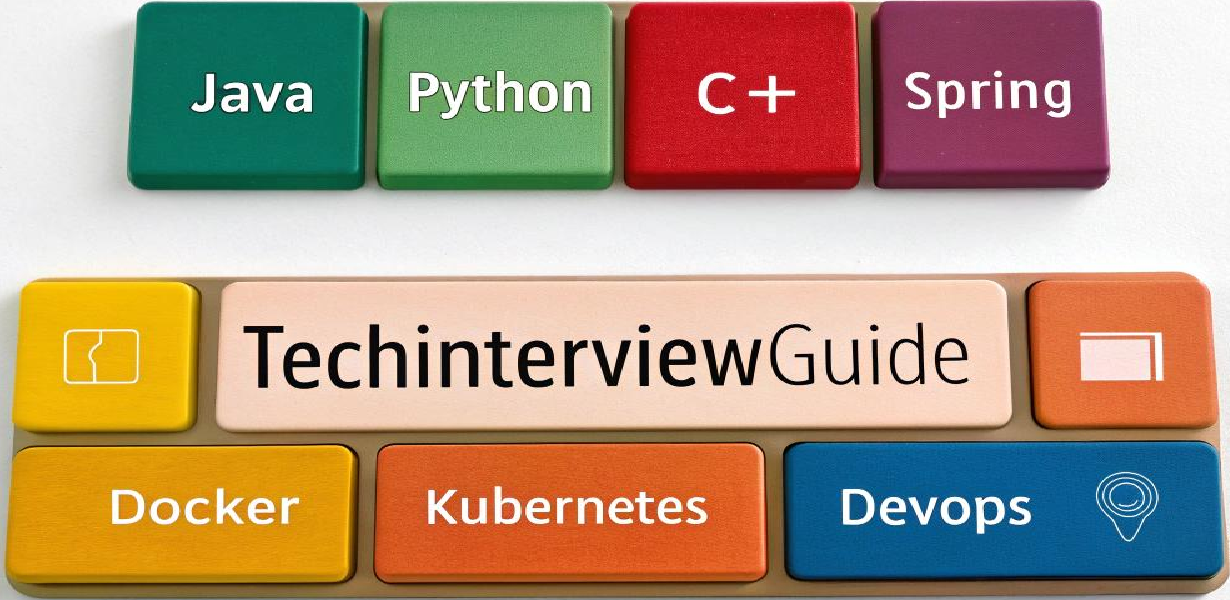What is the Difference Between Runnable and Callable in Java With Examples?
Explore the key differences between Runnable and Callable in Java with clear code examples, real-world use cases, and expert insights into Java concurrency and multithreading.

